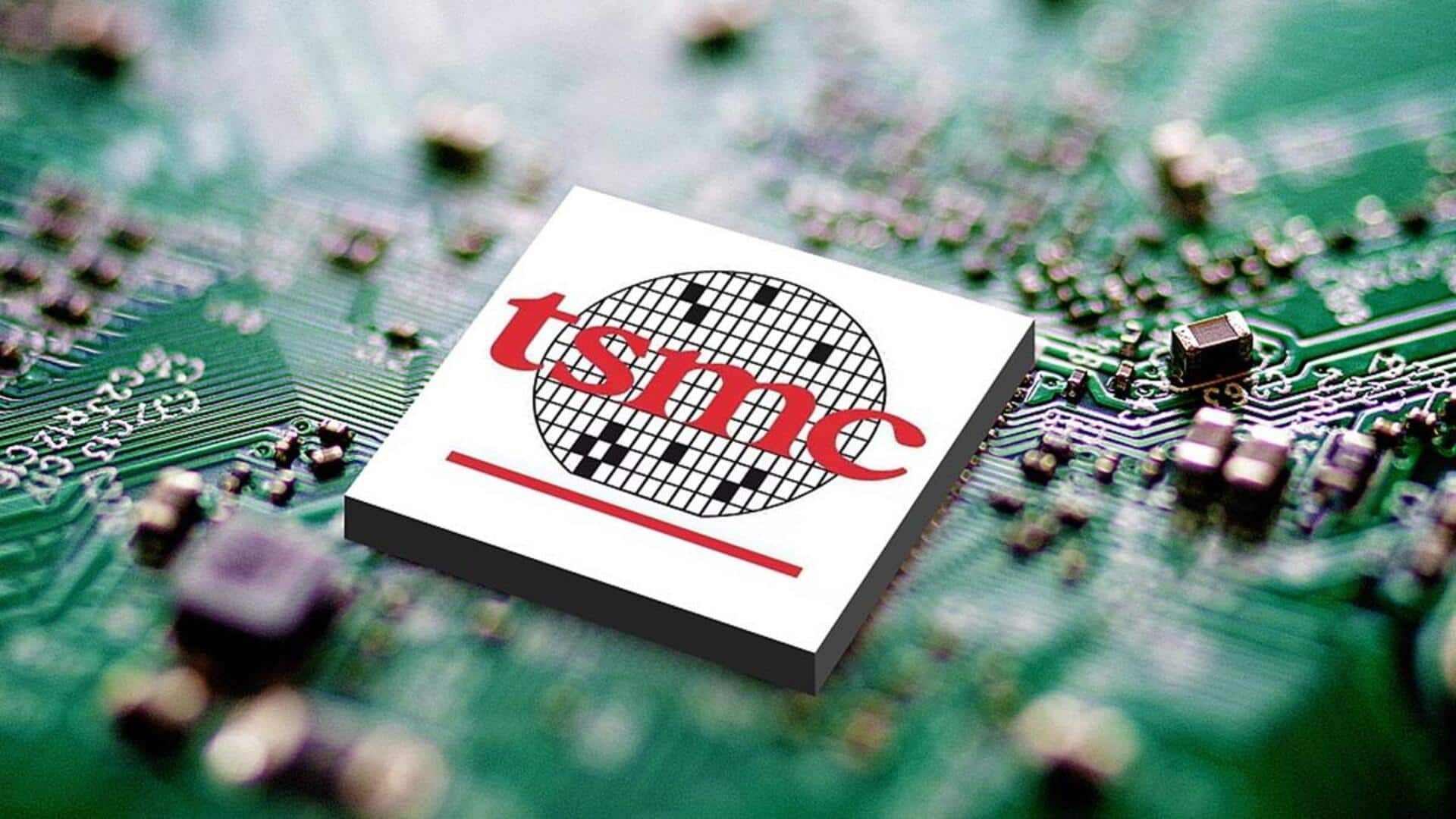
TSMC halts chip shipments to China following US orders
What's the story
The US government has ordered Taiwan Semiconductor Manufacturing Company (TSMC) to stop delivering advanced chips to Chinese customers, according to Reuters.
These chips are commonly used in artificial intelligence (AI) applications.
The Department of Commerce sent a letter to TSMC, ordering the company to halt the export of certain high-end chips, particularly those with seven nanometer or more advanced designs, for China's AI accelerator and graphics processing units (GPU).
Trade violation
TSMC chip found in Huawei AI processor
This US directive comes after TSMC recently found one of its chips in a Huawei AI processor.
Tech Insights, a technology research firm, tore down the product and revealed the TSMC chip, suggesting a possible violation of export controls.
According to Reuters's report last month, TSMC had already halted shipments to China-based chip designer Sophgo after finding its chip in the Huawei AI processor.
Regulatory action
US tightens export controls on advanced chips
The US has put Huawei on a restricted trade list, requiring suppliers to obtain licenses for any goods or technology shipments to the company.
Any license that could benefit Huawei's AI efforts would probably be denied.
The new restrictions affect a number of companies, and allow the US to investigate if other firms are rerouting chips to Huawei for its AI processor.
Compliance
TSMC complies with US order
In light of the US order, TSMC has notified its affected clients about the suspension of chip shipments from today.
Both the Department of Commerce and a spokesperson for TSMC declined to comment on the matter, according to Reuters.
However, the TSMC representative did say that it is a "law-abiding company...committed to complying with all applicable rules and regulations, including applicable export controls."
Regulatory shortcut
US bypasses rule-writing processes with 'is informed' letters
The Commerce Department communication — known as an "is informed" letter — enables the US to avoid long rule-writing processes and quickly introduce new licensing requirements on certain companies.
According to Ijiwei, a Chinese semiconductor industry media outlet, TSMC had informed Chinese chip design firms about halting 7nm or below chips for AI and GPU customers starting November 11.
Legislative worries
Lawmakers express concerns over export controls on China
The move comes as both Republican and Democratic lawmakers have raised concerns about the effectiveness of export controls on China, and the Commerce Department's enforcement of them.
In 2022, the Commerce Department sent similar letters to NVIDIA and AMD, restricting their ability to export top AI-related chips to China.
The restrictions in these letters were subsequently turned into rules applicable to companies beyond them.